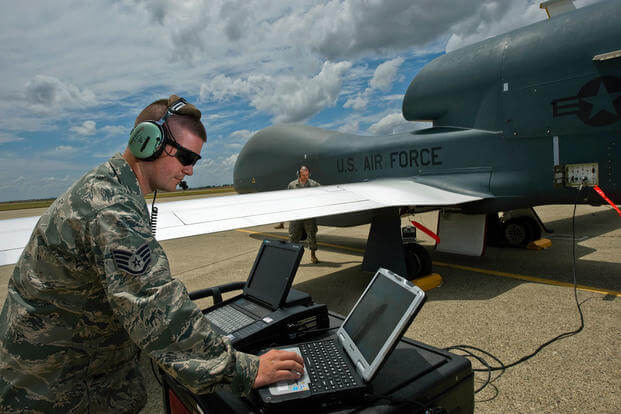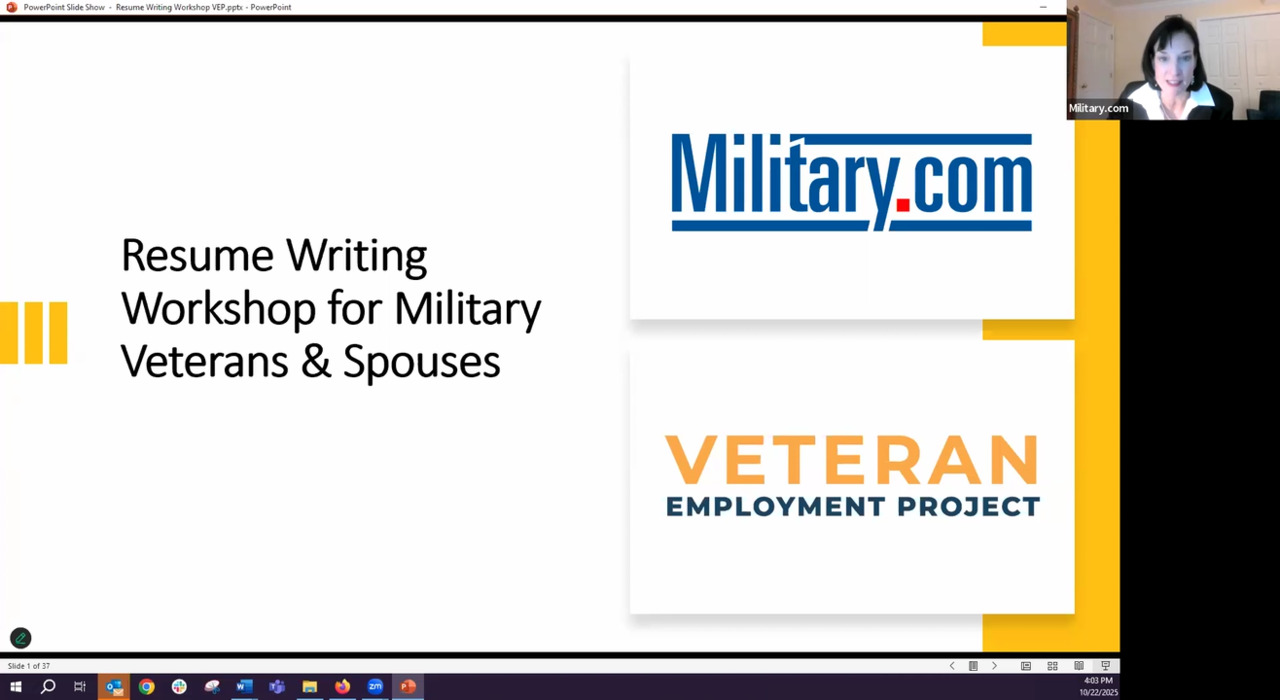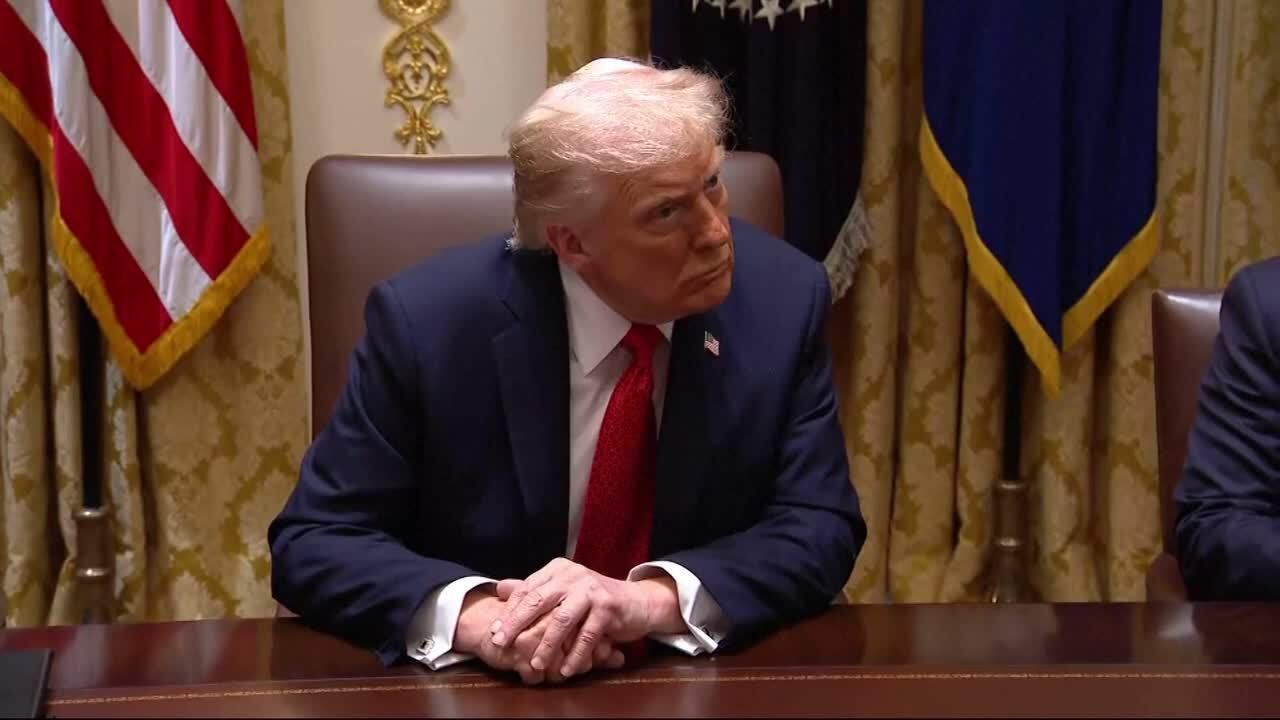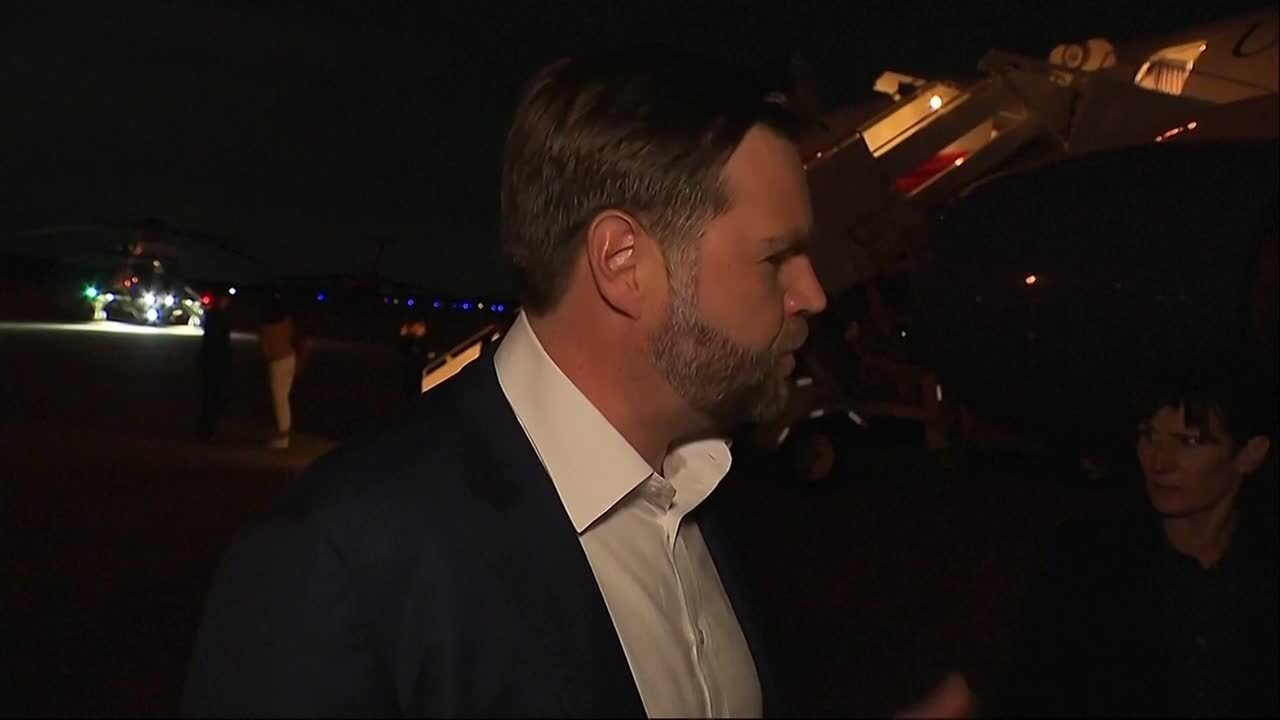Enlisted airmen could be piloting the RQ-4 Global Hawk, the Air Force's biggest drone aircraft, before the year is out, according to a senior Air Force official.
Air Force Deputy Chief of Staff for Operations Lt. Gen. John Raymond told lawmakers on Tuesday that "starting in the end of FY '16 or FY '17 we're going to begin the transition to enlisted RPA pilots for Global Hawk aircraft."
That means the first enlisted airmen to pilot the high-altitude surveillance drone made by Northrop Grumman Corp. could be in place before the current fiscal year ends on Sept. 30.
Raymond offered his remarks during a hearing before the Senate Armed Services Airland Subcommittee, which is headed by Sen. Tom Cotton, a Republican from Arkansas.
Air Force Secretary Deborah Lee James announced the move toward enlisted Global Hawk pilots just three months ago. They will fly the remotely piloted aircraft under the supervision of rated officers, she said.
Under questioning Tuesday by Sen. John McCain, a Republican from Arizona and chairman of the Senate Armed Services Committee, Raymond confirmed that only the RQ-4 would be piloted by enlisted personnel -- at least for now.
"I grew up in Space Operations," Raymond said. "Years ago we started out with engineer officers who flew the satellites, then went to operator officers -- you didn't have to have an engineering degree -- and then we transitioned to enlisted operators.
"We're taking a very deliberate approach to this," he added. "We're going to start with the Global Hawk. We're very comfortable our enlisted airmen are going to be able to do that [mission]."
The Air Force then will look at the possibility of having enlisted airmen fly the MQ-1B Predator and MQ-9 Reaper, which carry out strike in addition to surveillance missions, Raymond said.
McCain, noting the Air Force has a shortage of rated officers, asked whether it would not have been better to start off using enlisted personnel.
"I wasn't in this position or this job at the time, but it's where we are," Raymond said. "I think it was important that we have a capability. It was a technology demonstrator with significant growth and I think using the pilots we had to do that was a smart move at that time."
-- Bryant Jordan can be reached at bryant.jordan@military.com. Follow him on Twitter at @bryantjordan.
Related Video:




























